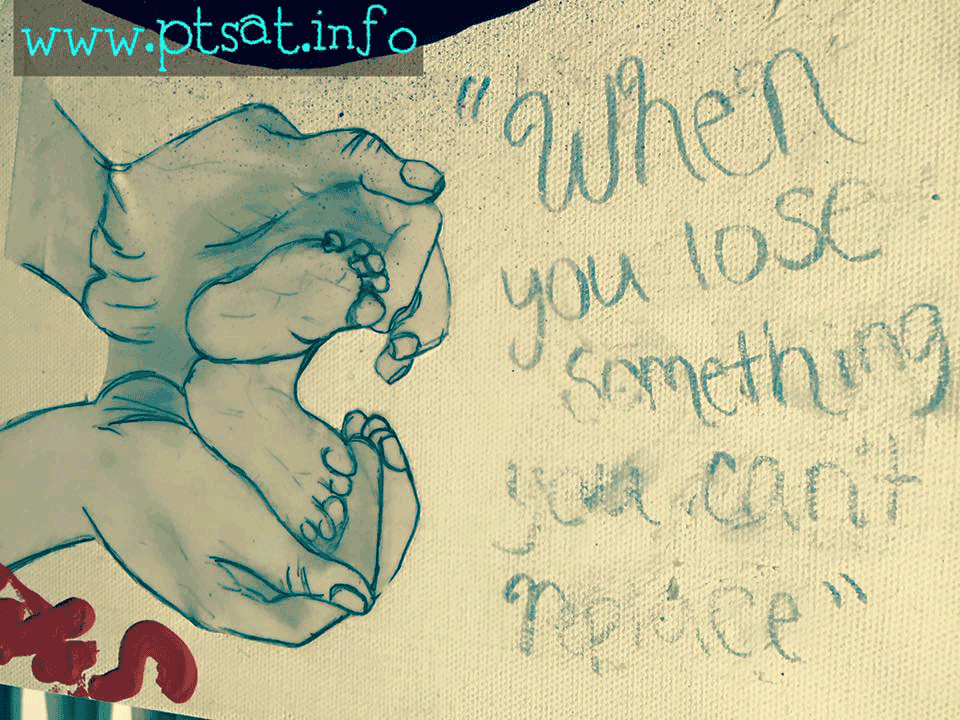victims 0f #PTSD – Did you know: Many victims of #PTSD have a difficult time communicating what they are going through. Coping with trauma through creative arts is a healthy way to express various feelings without speaking. #arttherapy #communication #trauma #mentalhealth

10 Ways PTSD Messes With Communication:
Interpersonal / Social
Powerful Sense of Disconnect. Being in my own world characterized by the fight-flight perceptions means I don’t know how I am coming across and may not grasp the other person’s point of view. I won’t be able to anticipate their reactions. People may not understand what I’m saying. I feel as if I do not belong in their world which means the commutation has to cross a great distance.
Unable to Create Emotional Rapport. Not being good at creating a sense of rapport in the beginning of the conversation, due to numbness and lack of affect, means the communication may fall apart easily.
Lacking Assertiveness. Exhibiting PTSD symptoms of learned helplessness, shock, numbness, apathy may mean I get treated like a doormat. Feeling helpless and powerless may lead to problems getting heard and getting needs met successfully.
Nervous System Activation – High Stress Condition in Brain and Body
Hypersensitivity. Being extremely sensitive – to the other person’s tone of voice, if they are rude or if they are not listening etc. – makes me cut off communication at the slightest thing. Also, being sensitive to standards of behavior that demonstrate trustworthiness, having a sensitivity around betrayal and breaches of trust, means I may exit the situation if someone is acting below my standard.
Rage. Being prone to experience sudden, overwhelming rage (the fight response), whether expressed or repressed, may lead to the communication ending in a negative way – e.g. arguments, cutting off the person, leaving.
Rigidity. When I won’t budge on my idea or position about what needs to happen, this can stop communication from progressing. Being rigid around specific things that are important to me is my way of preventing any danger. It’s my way of taking back the control I lost during trauma.
Mental Issues
Difficulty Processing Information. Sometimes, while listening and while speaking, I may lose track of some piece of information and need to be reminded of what all the pieces are and spend a moment catching up to you and seeing the connections. I may not be able to come to a decision right away during the conversation. I may need to write some things down so I can completely process it all after the conversation and then get back to you with my decision. It takes time for me to find my own conclusion after being given a lot of information.
Difficulty Organizing Information. Sometimes, I don’t say things in the most optimal order because I have not organized it all in my mind before speaking. Sometimes I mix things up even if I had them organized before beginning the conversation. If I’m nervous I might get scrambled. I may forget to give the context first and details second.
Lack of Concentration and Focus. I can get distracted by things while trying to communicate. I may experience distracting thoughts or feelings. I may need to ask you to tell me what you just said again.
Memory issues. Sometimes I lose my train of thought and forget what I had intended to say or what my goals were when I set out to have the communication. I may have to call back a little later when I remember something important I wanted to say.
Laisser un commentaire